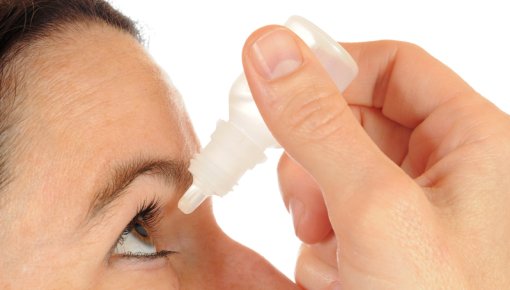What are the treatment options for conjunctivitis (pink eye)?

Simple cases of conjunctivitis often clear up without any treatment. While you are waiting for it to go away, it’s important to pay attention to good hygiene so that you don’t infect others. Eye drops or creams with the right active ingredients can help if the conjunctivitis is caused by bacteria or an allergy.
You can usually wait for conjunctivitis to clear up on its own. That typically happens within one or two weeks. Treatment is usually not needed.
While you are waiting for it to go away you can try to rest your eyes. That means spending less time in front of a screen, for instance, or closing your eyes for a while now and then. There are also other ways of supporting the healing process, including paying attention to good hygiene and sometimes taking medicine, too.
